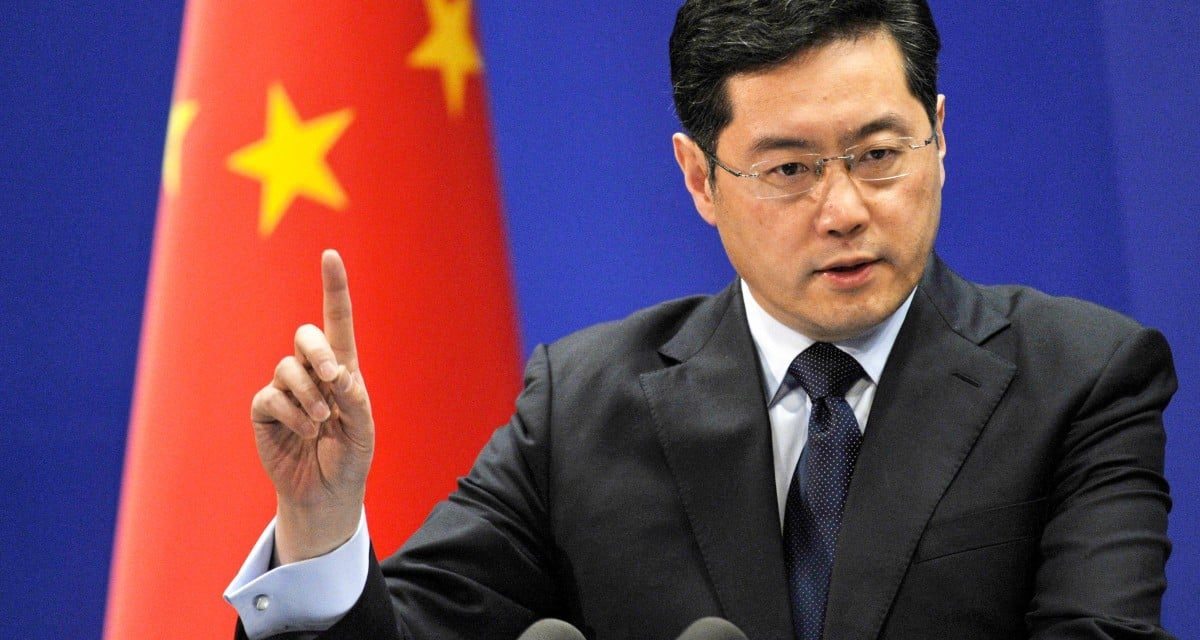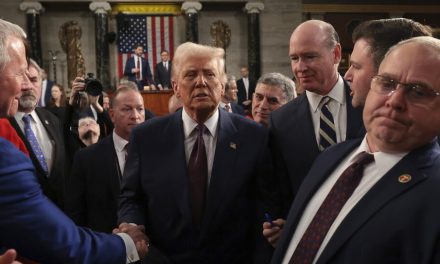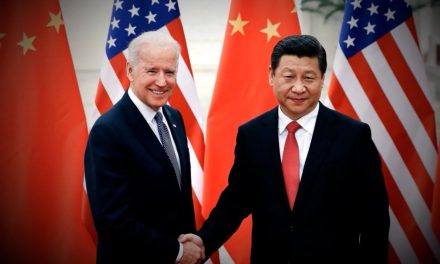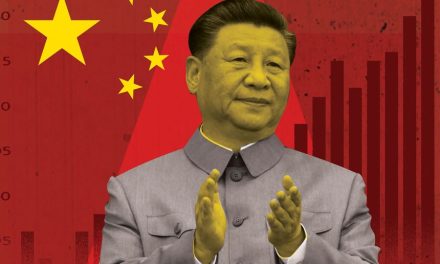By Deng Yuwen
Editor’s note: Deng Yuwen was a Chinese journalist for many years. He left China in 2018, and now lives in the United States.
Qin Gang was dismissed merely half a year after taking over as Chinese foreign minister. He had been personally selected by Xi Jinping and had been considered a member of Xi’s “private army.” Since officials did not disclose any details, the outside world does not know whether the specific reason for Qin Gang’s dismissal was health problems, an extramarital affair that was rumored earlier, or internal political struggles. As long as Qin Gang is not imprisoned, none probably will be announced. However, the Qin Gang incident is likely to start a domino effect within this Xi “private army.” We should not be surprised by the appearance of other Qin Gangs.
Regardless of whether there is a power political struggle within the Xi regime, the dramatic change in Qin Gang’s political career is very much a historical metaphor for Xi himself, implying that his totalitarian rule and the peak of his regime have passed. Even though he cleared out other factions in the CCP at its 20th National Congress, the management team carefully selected by him still has problems. In this regard, Qin Gang is the first domino. But no matter how long Xi can rule in China, be it 5 years, 10 years, or even longer, it will be difficult to change the transitional nature of this regime.
What I mean by the transitional nature of the Xi Jinping regime is that from the perspective of the regime itself, it is a departure from the CCP norm, a mutation. Such mutability cannot become a stable feature of the CCP’s continued rule, which will return to the normal historical trend after Xi’s resignation. The Xi regime is a freak occurrence, formed by an attempt to marry Mao Zedong and Deng Xiaoping. In essence, it has not abandoned Deng’s basic line of “one center, two basic points” [a 2013 CCP decision ratifying reform and openness under socialism] but it has placed “adhere to the four basic points” [a 1979 decision emphasizing the need for strong CCP control of society] undergirding the “two basic points” in a more prominent position than in the past. There was even a period of time under Xi when the overall primary goal of economic construction itself was somewhat suspended, but under the conditions of economic deterioration, this “core” was brought back. As for Xi’s variant of Mao-Deng fusionism, after he steps down, his successors will not let the CCP regime continue to be in such a freakish state of tension, because the two forms are entangled and there will be a rejection of one or the other, either a return to Mao or a return to Deng. What is more, after 40 years of reform and opening up, the ruling group itself is unwilling to return to the Mao era, hence it would not be possible. This is also the reason why since Xi Jinping has been in power, he has been unable to truly close the country in order to start construction of the China he envisions.
In addition, what a Maoist regime needs is a political strongman, and it is unlikely that leaders after Xi will take on such a strong role. And what the Maoist regime emphasizes is an empty and false spiritual life, which also disgusts most contemporary people. Therefore, returning to Deng is an inevitable choice for the post-Xi regime, if the CCP wants to continue to rule.
This transition also has another element, which is that the leaders of the CCP in the post-Xi era will not have a strong awareness and sense of mission with respect to “conquering and ruling the world.” Even if Xi Jinping hands over power to a third generation of Reds, due to the lengthening of the intergenerational chain and the education and growth experience this generation has received in a more open and international environment, its awareness of the “never-ending red future” will only diminish. After the weakening of this awareness, it will be impossible for any new leader to copy the whole set of ruling lines and strategies that assumes both such an awareness and a sense of crisis. After first being partly abandoned, Xi’s legacy will inevitably be discarded. After a new leader gets a foothold, most or even all of it will be abandoned, just Deng abandoned Mao and Xi partly abandoned Deng.
If he does die unnaturally or suffer a coup (both of which are unlikely), Xi will have arranged the situation for after he steps down. There is a high probability that he will hold power behind the scenes and remotely dictate matters for a period of time, and then slowly transfer power to the new leader. However, the transfer process is one of leveraging the situation. Since Xi has generated many grievances among top party and social elites during his long rule, the new leader will be under great pressure from the party and society to liquidate Xi’s political legacy, even if he does not physically liquidate the man himself. In addition, the new leader also will need to get out of Xi’s shadow, and to get rid the various rules and regulations that Xi has made for himself, especially because he will want to achieve reconciliation within the party, as well as reconciliation between the party and society. He thus will not continue Xi’s line of governing the country. This is to be expected.
I believe that Xi will also foresee such a situation, so is it possible that he will become more extreme in his future rule and more strictly control society than ever before? I don’t think so. No matter what happens in China in the future, including war in the Taiwan Straits, or even another epidemic, it is impossible to return to the extremely strict COVID-type control of society. In the past three years, the Xi regime has controlled the Chinese people to a degree unprecedented in human history. These three years can be regarded as a social rehearsal for a totalitarian regime trying to exercise extreme control over society. But this exercise has now proven to be a failure. If Xi really wants to replicate in China the sort of Big Brother style of rule described in “1984,” he will find it impossible.
In fact, people will now conclude that the Xi regime is nothing more than a meaningless repetition of past regimes. China is currently in its darkest period before the dawn, and there is no need to be too pessimistic about the future. Of course, for society as a whole, especially some individuals, the price experienced during the forthcoming period will still be too high, so we must be psychologically prepared for this.
This piece was translated from Yibao Chinese. If republished, please be sure to add the source and link before the text https://www.yibao.net/?p=247568&preview=true when reposting.
The views of the author do not necessarily represent those of this journal.
























